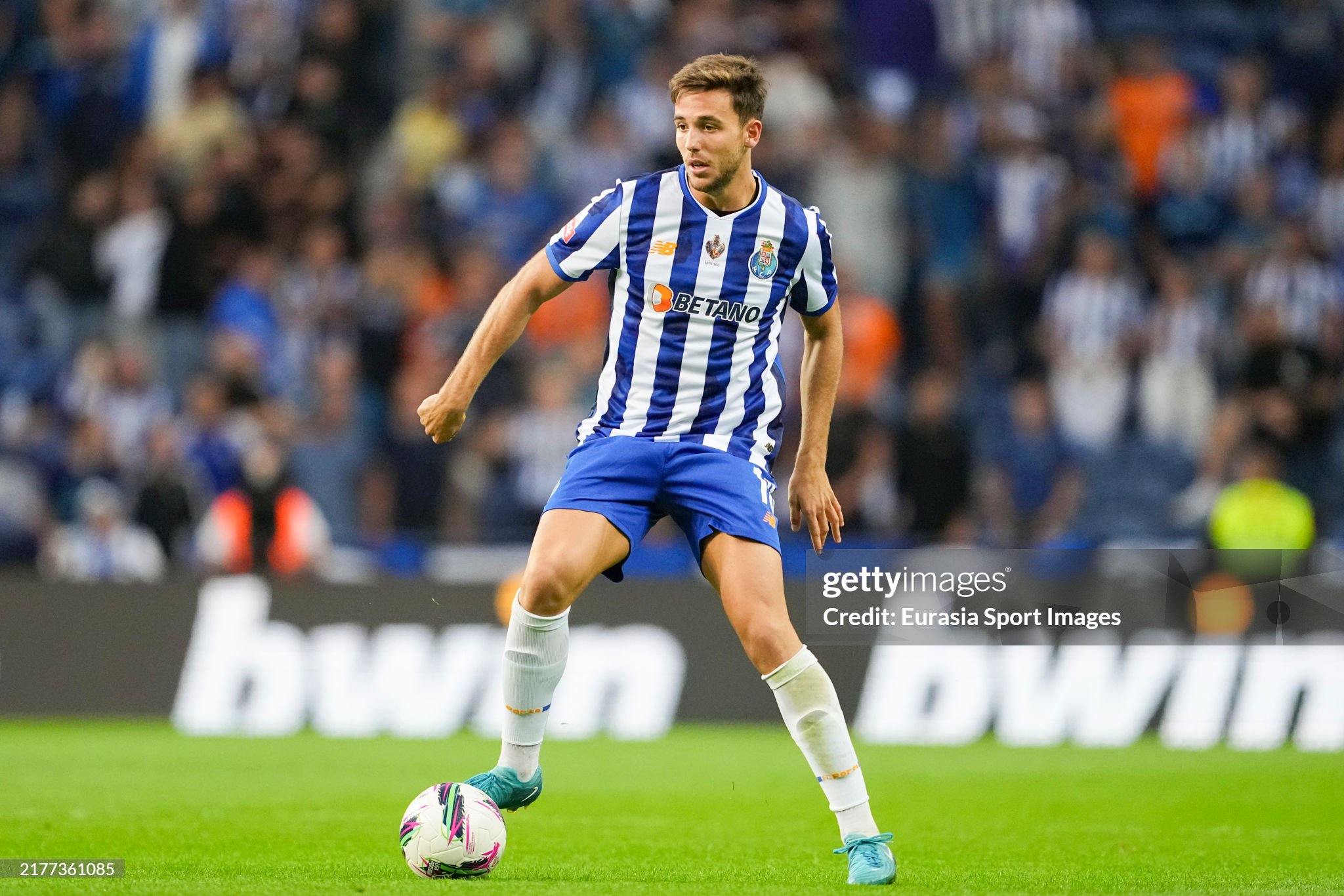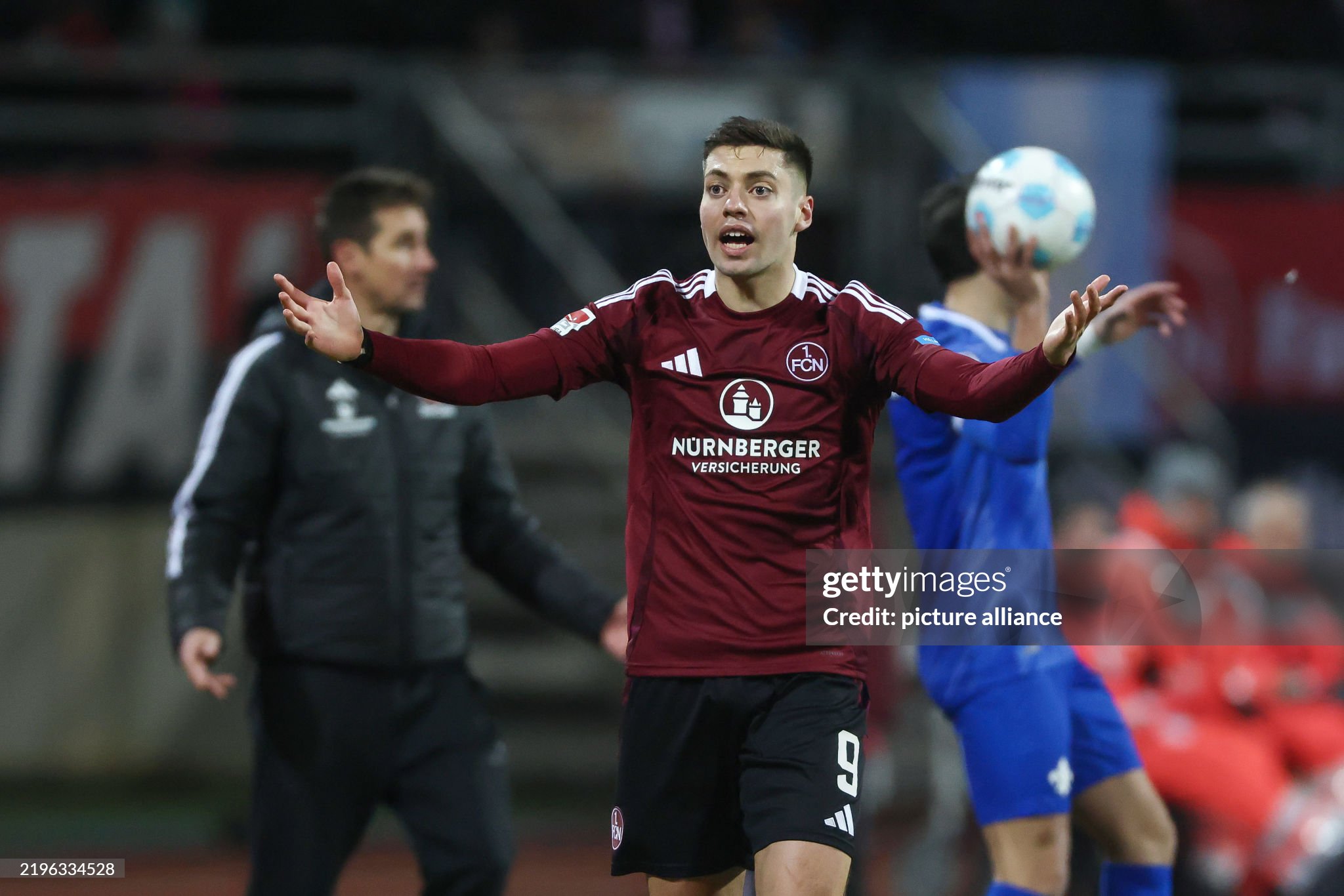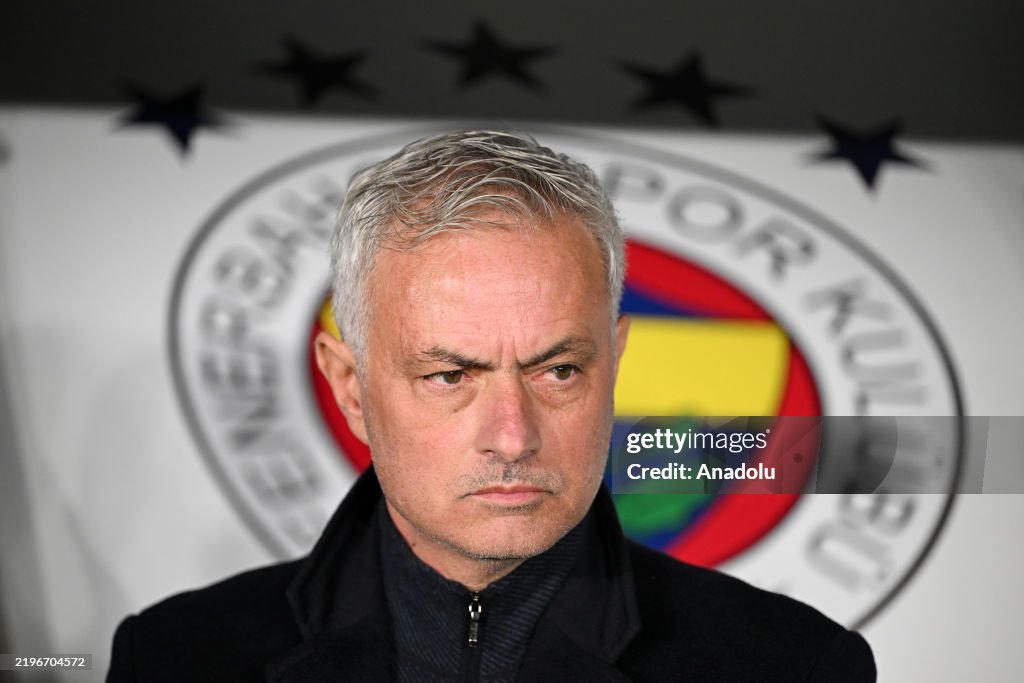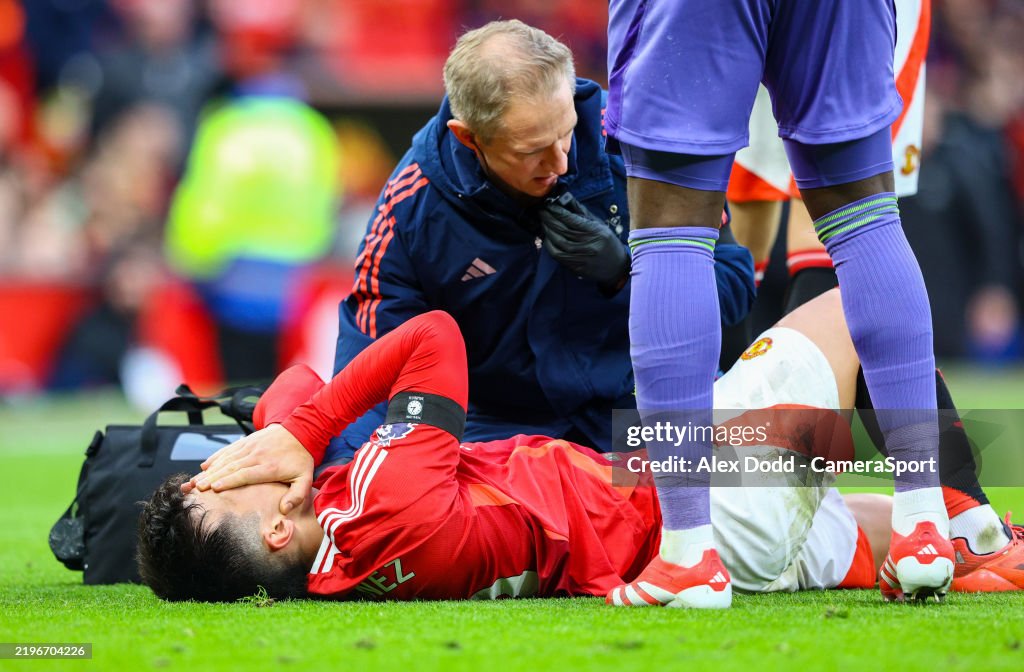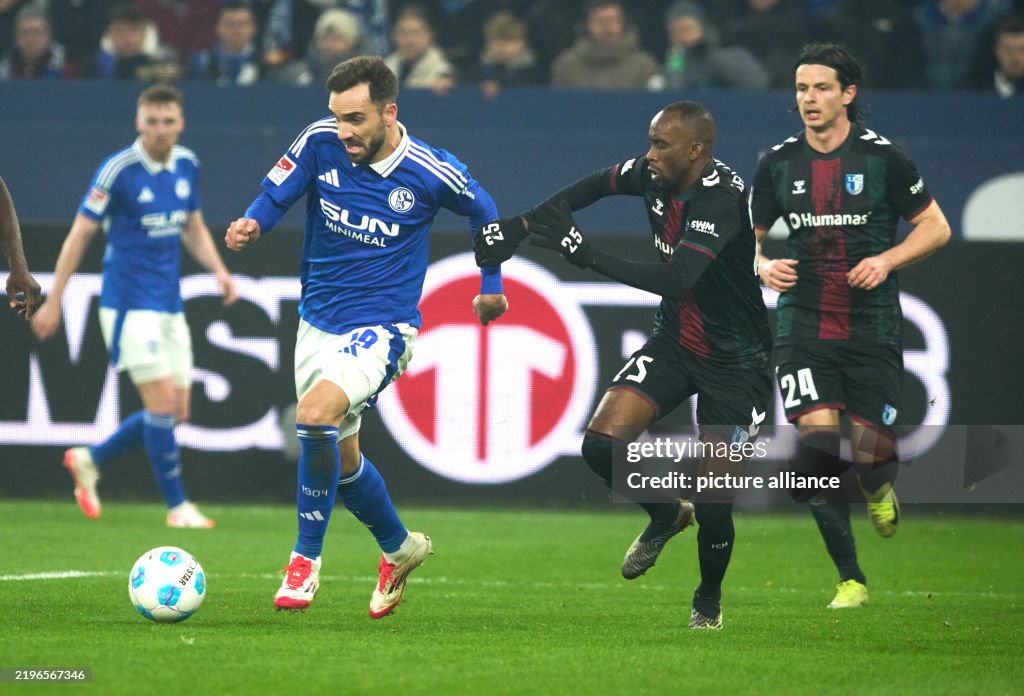Olympique Lyon has escaped exclusion from the Europa League. UEFA has announced this. The European football governing body had issued a conditional penalty in December because the seven-time French champion had not properly managed its finances.
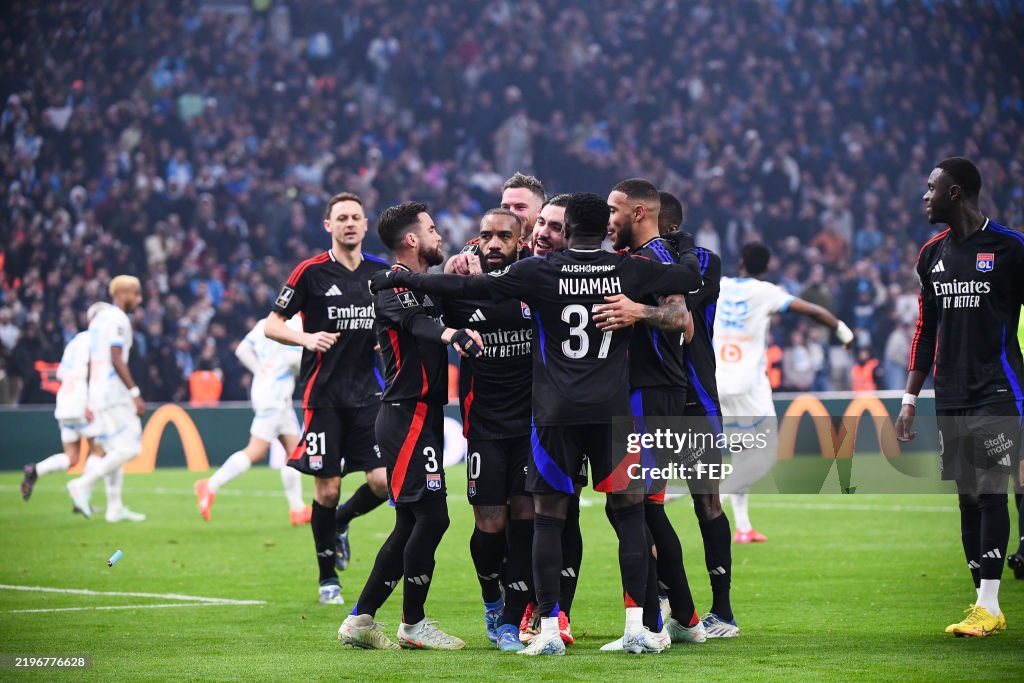 Embed from Getty Images
Embed from Getty Images
Lyon was at risk of being excluded from the Europa League round of 16 after failing to meet UEFA’s stringent financial regulations.
The European football governing body had warned that the club needed to demonstrate significant improvements in its financial management by the January 30 deadline to avoid severe sanctions. With that deadline now passed and the necessary adjustments reportedly made, Lyon has managed to escape immediate punishment. However, UEFA’s financial monitoring body has made it clear that the club remains under close scrutiny. Any further irregularities or lapses in financial stability could lead to new penalties, including fines, further restrictions on player acquisitions, or even exclusion from European competitions in the future.
This situation comes amid a turbulent period for the seven-time French champions, who have been grappling with financial instability for some time. The crisis reached a breaking point late last year when the French football financial watchdog, the DNCG (Direction Nationale du Contrôle de Gestion), imposed severe domestic sanctions on Lyon, citing unsustainable debt levels and financial mismanagement. These sanctions included a conditional relegation to Ligue 2 and a strict transfer embargo, preventing the club from making new signings until its financial health was deemed stable. Such measures sent shockwaves through the club and its fanbase, raising fears that Lyon’s long-standing status as a top-tier club could be in jeopardy.
To navigate this crisis and comply with UEFA’s and the DNCG’s demands, Lyon was forced to take drastic measures. One of the key steps involved offloading high-wage players and generating immediate revenue through sales. Among the notable departures was veteran goalkeeper Anthony Lopes, who had been one of the club’s highest earners. Additionally, Lyon parted ways with promising young talents Gift Orban, Jeffinho, and Maxence Caqueret, who were sold for a combined total of approximately 30 million euros. These sales provided the club with much-needed financial relief and helped stabilize the balance sheet, at least in the short term.
Beyond player sales, Lyon also implemented structural and financial changes aimed at improving long-term sustainability. Adjustments were made to the lease agreement for the club’s training complex, ensuring more favorable financial terms. Additionally, in a significant move reflecting the club’s broader financial strategy, Lyon was listed on the American stock market, opening up new avenues for investment and revenue generation. These moves were crucial in demonstrating to UEFA and the DNCG that the club was taking serious steps to rectify its financial issues.
Despite these measures, Lyon remains under intense financial pressure. The club’s decision to reject a 22.5 million euro bid from Borussia Dortmund for Rayan Cherki highlights the delicate balance it is trying to strike between financial prudence and sporting ambition. Cherki, a highly regarded young talent, was reportedly eager to make the switch to the Bundesliga, but Lyon opted to keep him in the squad, believing that his presence could boost the team’s chances of securing Champions League qualification. Given the significant financial rewards associated with participating in Europe’s premier club competition, Lyon is betting on Cherki’s contribution to help them achieve this goal. However, if the club fails to qualify, they may be forced to sell him in the summer to avoid further financial turmoil.
The broader context of Lyon’s financial struggles also reflects challenges faced by many clubs in modern football. The sport has seen an increasing divide between elite clubs backed by vast financial resources and those struggling to keep up. In Lyon’s case, years of financial mismanagement, coupled with the impact of the COVID-19 pandemic and a lack of consistent Champions League revenue, have contributed to its precarious situation. Unlike some clubs with wealthy backers willing to absorb losses, Lyon has had to rely on a combination of player sales, financial restructuring, and strategic investments to stay afloat.
As things stand, Lyon has managed to avoid immediate disaster, but the road ahead remains uncertain. UEFA and the DNCG will continue to closely monitor the club’s finances, and any misstep could lead to renewed sanctions. Furthermore, Lyon’s sporting ambitions hinge on its ability to perform well on the pitch while maintaining financial discipline. The challenge for club owner John Textor and the management team will be finding a way to sustain competitiveness without falling back into financial instability.
In the short term, Lyon will be focused on securing a strong finish in Ligue 1 to ensure a return to European competition next season. At the same time, the club will need to carefully manage its resources and potentially make further squad adjustments in the summer transfer window. Whether Lyon can successfully navigate this challenging period and emerge stronger remains to be seen, but for now, the club has earned a temporary reprieve from exclusion in the Europa League. The coming months will be crucial in determining whether this is the beginning of a financial turnaround or just a temporary postponement of deeper problems.
Updated: 11:49, 4 Feb 2025
